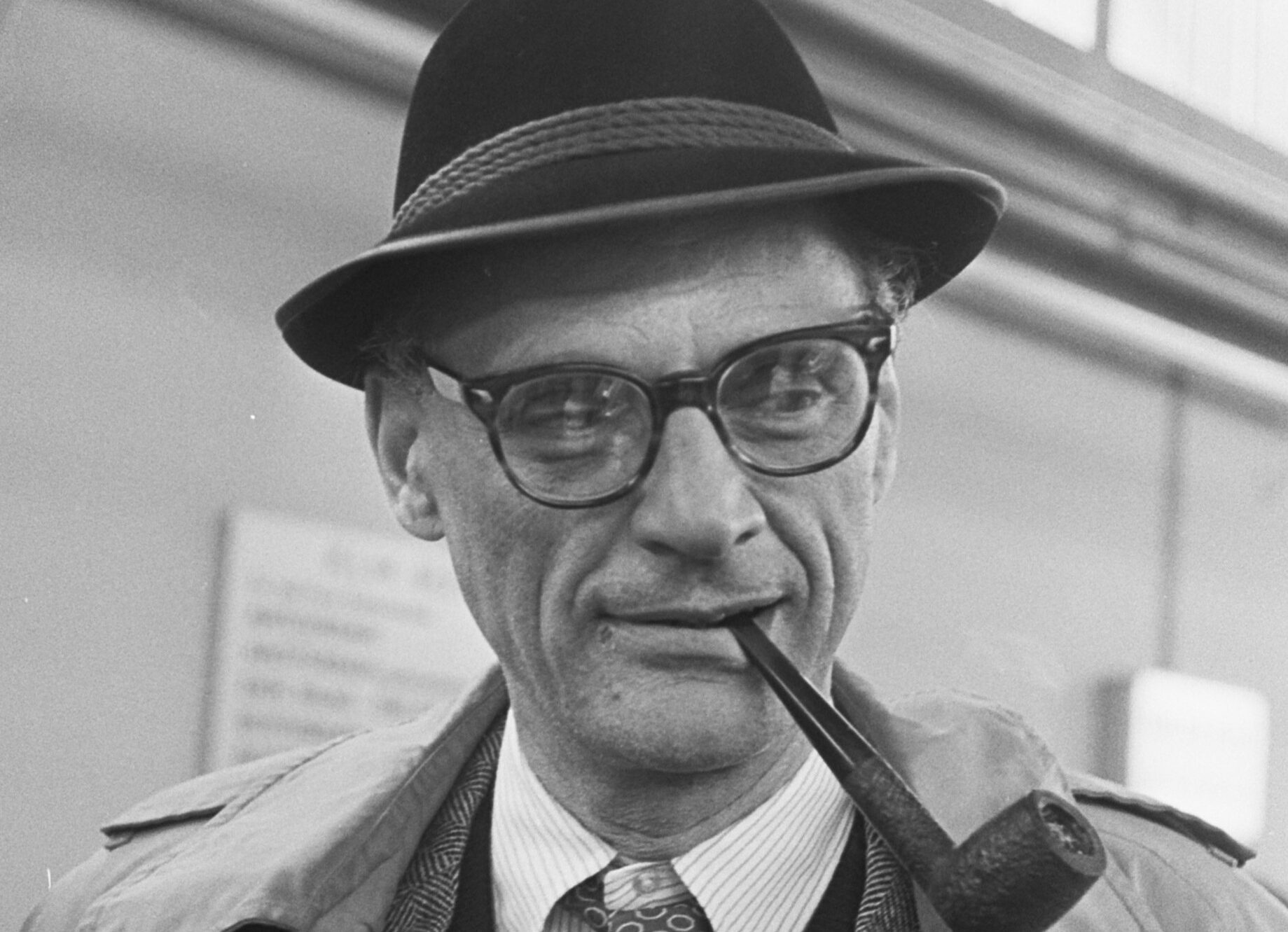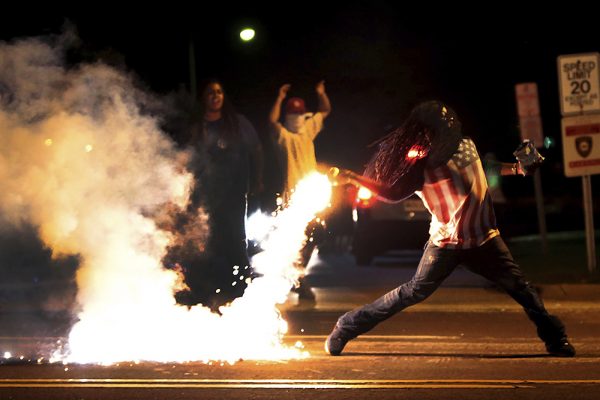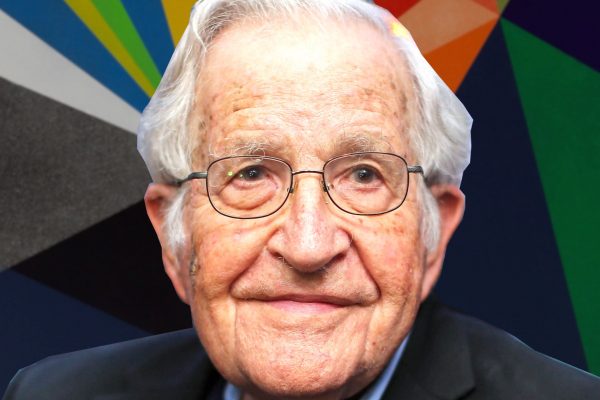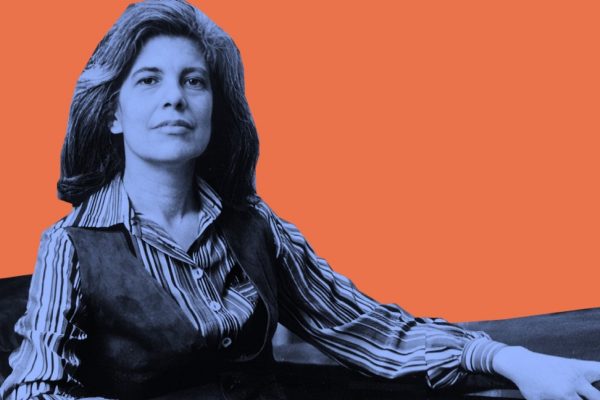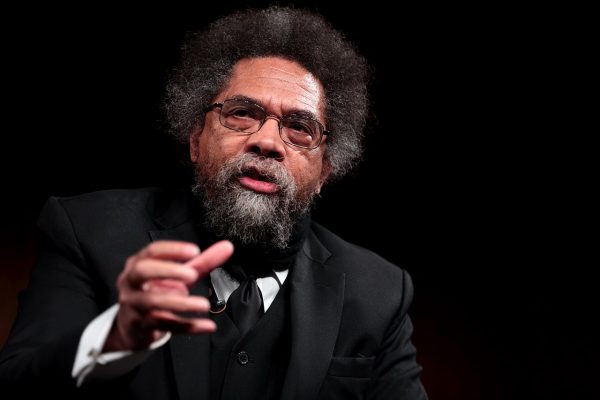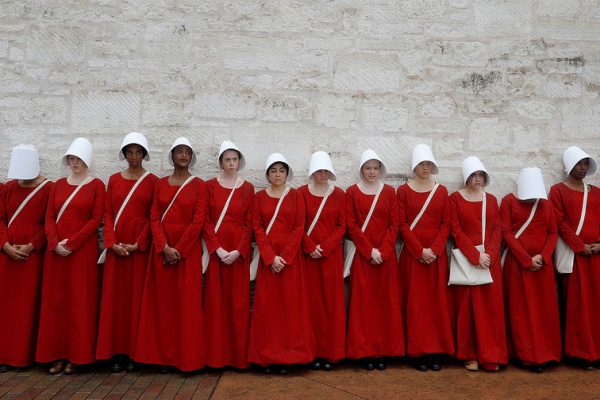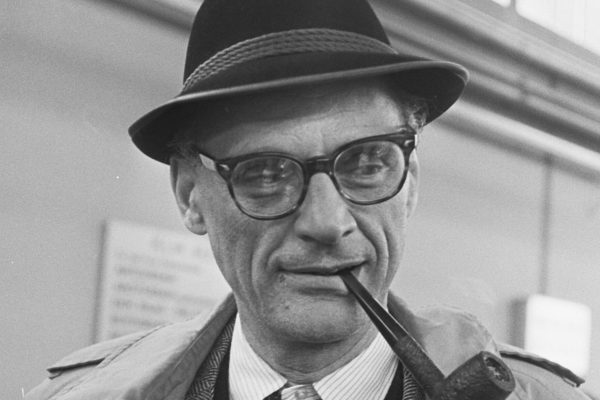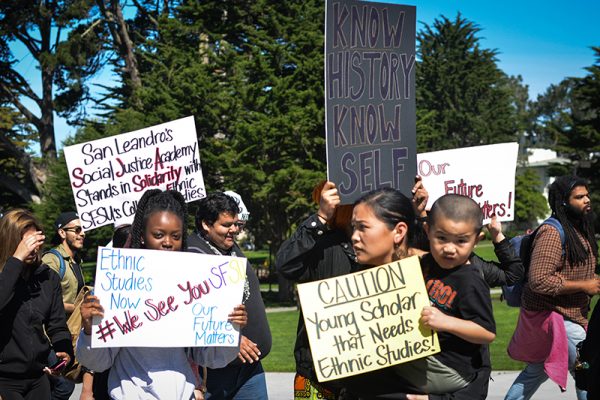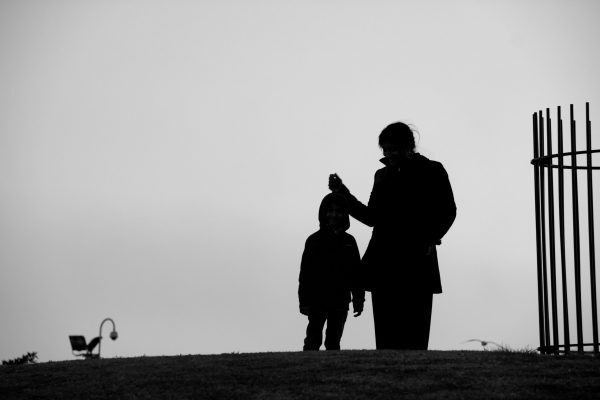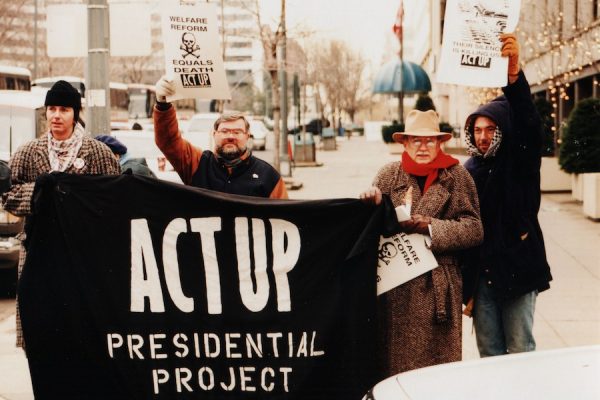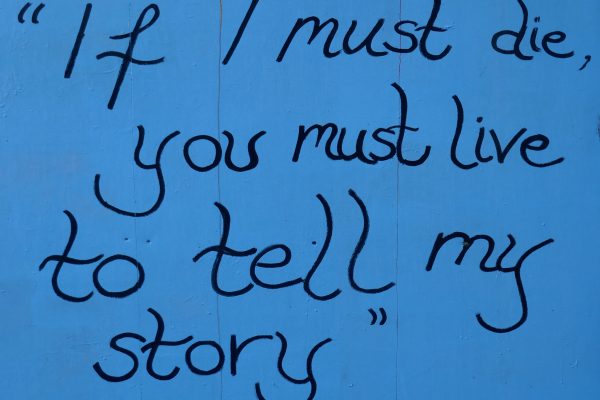“The term ‘riot’ ensures that the cycle of police violence will continue. If the political violence of ‘rioters’ is criminal, then the only solution to that violence is more police.”
Released last week, Elizabeth Hinton’s new book, America on Fire, is a necessary history of everyday Black resistance and rebellion to the fact of police. We were thrilled when she agreed to sit down with activist and Boston Review favorite Derecka Purnell for a wide-ranging discussion on the post–civil rights era, last summer’s rebellions, and how the label “riot” discredits Black political demands.
Their conversation on the criminalization of Black protest partners nicely with another recent interview between historian Roxanne Dunbar-Ortiz and filmmaker Sierra Pettengill, who focus on the legitimization of white violence in the same period. Accompanying Pettengill’s new documentary about NRA chief Harlon Carter (which is available to watch on our site!), the discussion notes how Carter transformed the group from principally a sporting organization into a radical right political bloc. As the Jim Crow state started to break down and white supremacists looked elsewhere for new forms of racial enforcement, “Carter handed to them this tool for their empowerment, the new NRA.”
Alongside these conversations, we’ve selected other new interviews to fill out today’s reading list—including Noam Chomsky on Marx’s “old mole of revolution,” Heather C. McGhee on why zero-sum thinking about race and wealth is misguided, and Lorgia García-Peña on the importance of ethnic studies. And we couldn’t resist throwing in some archival favorites too, including interviews with Margaret Atwood, Arthur Miller, and Susan Sontag, who spoke to us for BR’s first ever issue in 1975!
Derecka Purnell interviews historian Elizabeth Hinton about her new book and how talk of “riots” discredits Black political demands.
Watch our release of documentary short The Rifleman on the NRA. Then read an interview with filmmaker Sierra Pettengill and historian Roxanne Dunbar-Ortiz.
Noam Chomsky on his new book, the Capitol coup attempt, 2020 unrest, and the prospects for progress under Biden.
Geoffrey Movius speaks with Susan Sontag about photography, writing, and memory.
Cornel West and Deborah Chasman discuss the disproportionately white publishing world, the responsibilities and burdens of public life, and the predicament of black intellectuals today.
Junot Díaz interviews Margaret Atwood about The Handmaid's Tale, political dystopias, and Drake.
An interview with Lorgia García-Peña on ethnic studies and protest.
